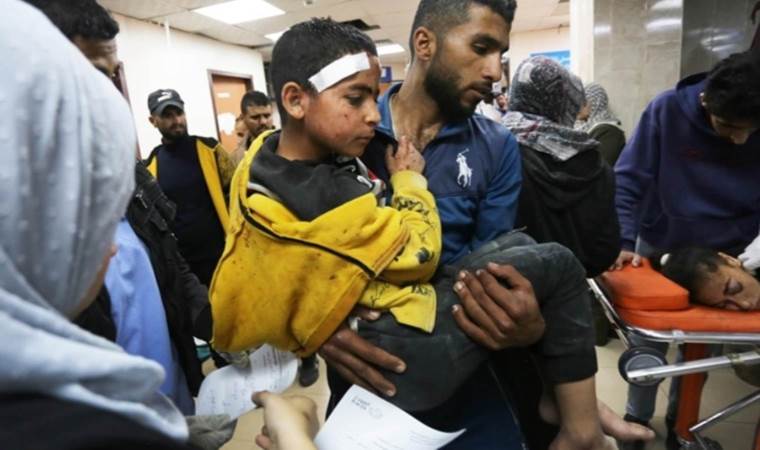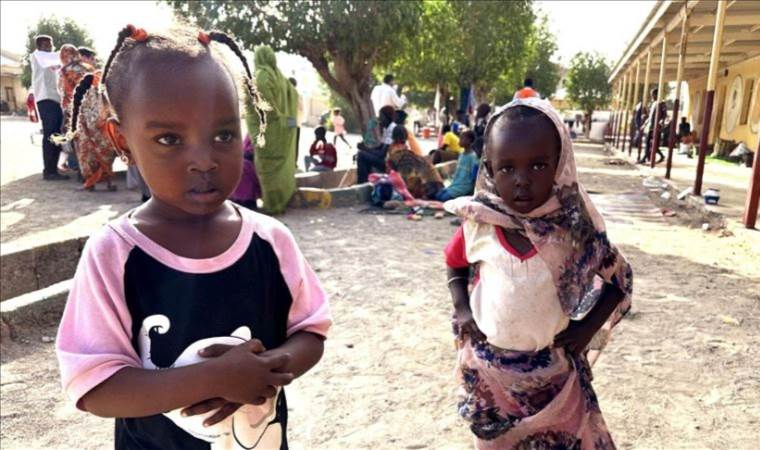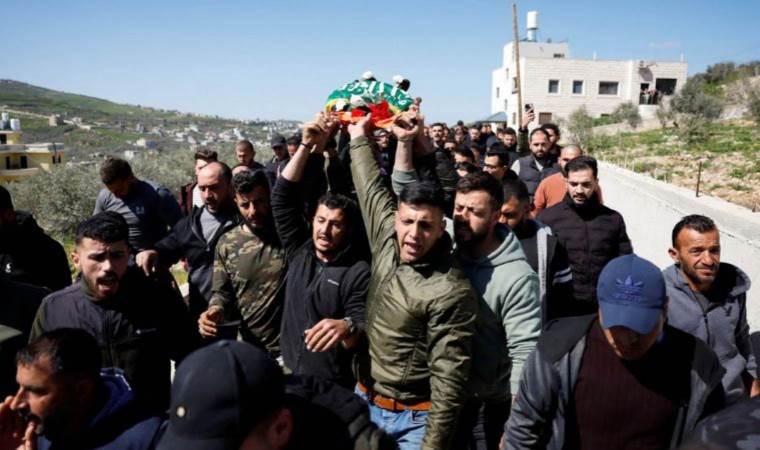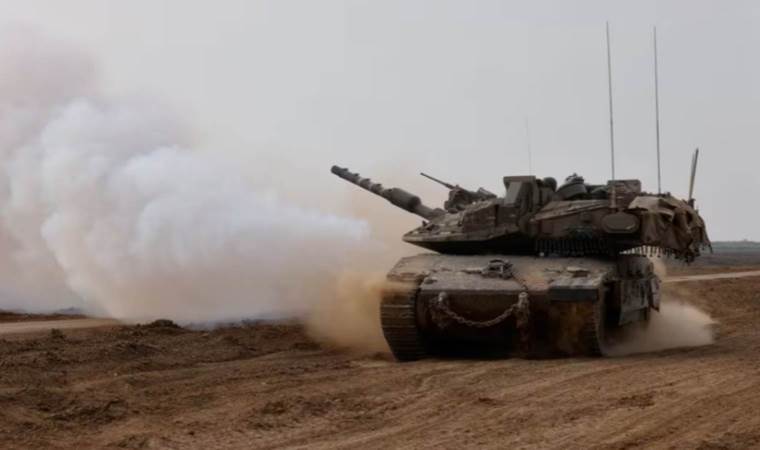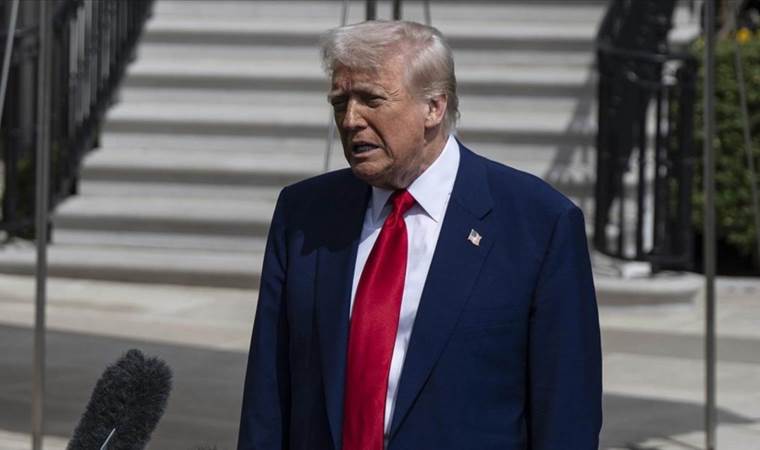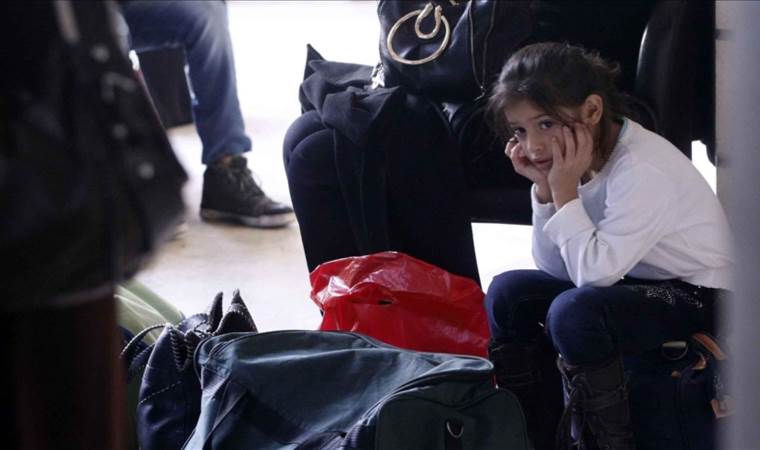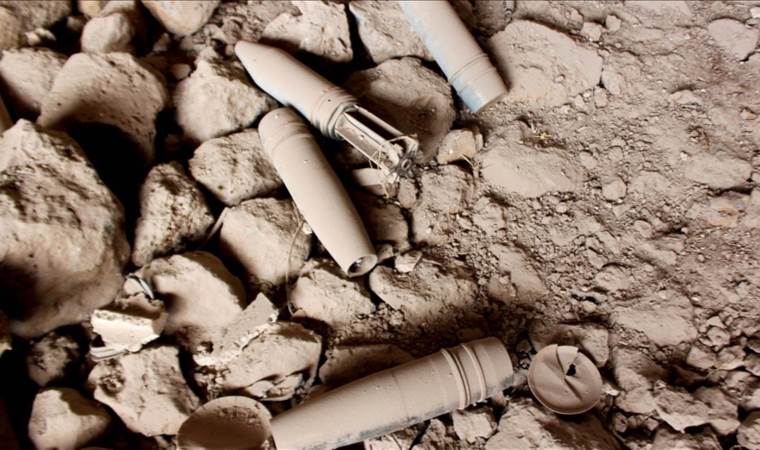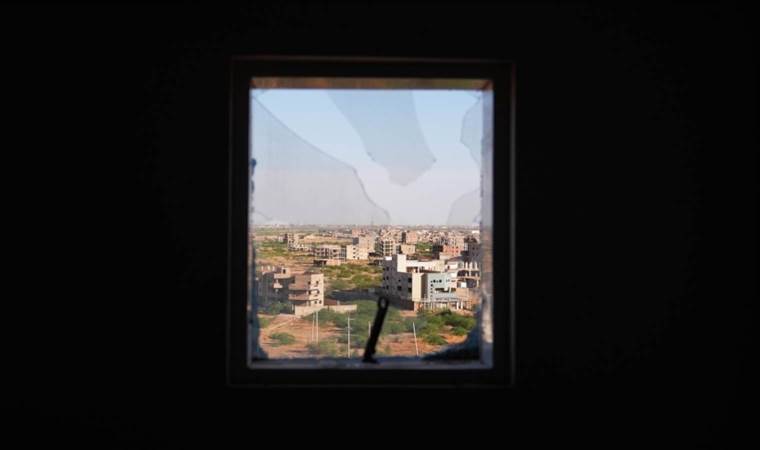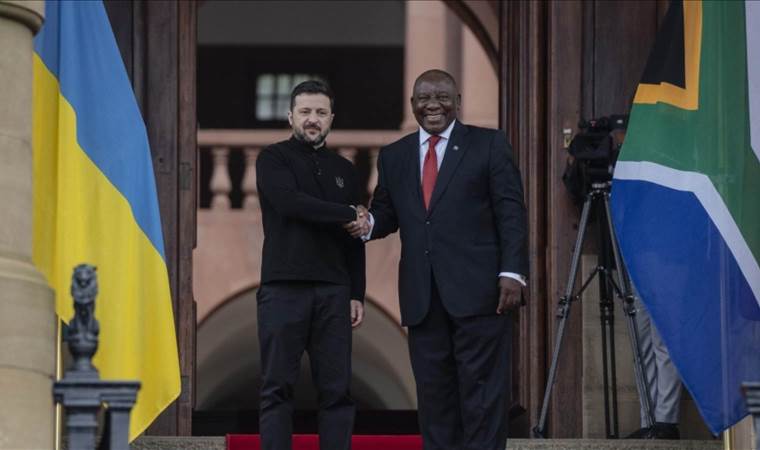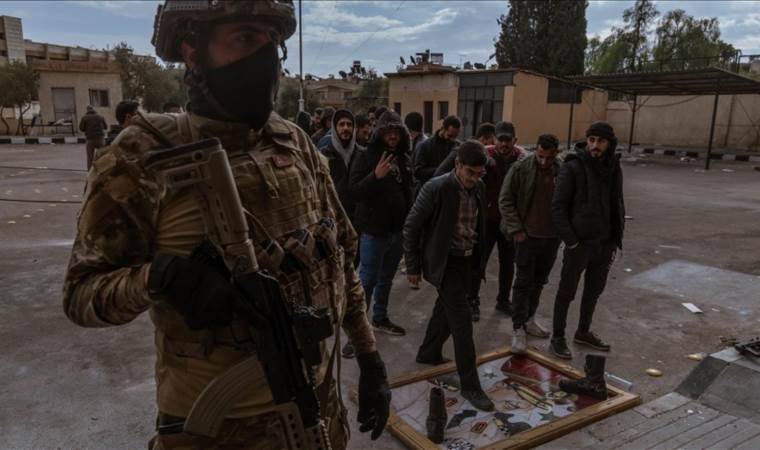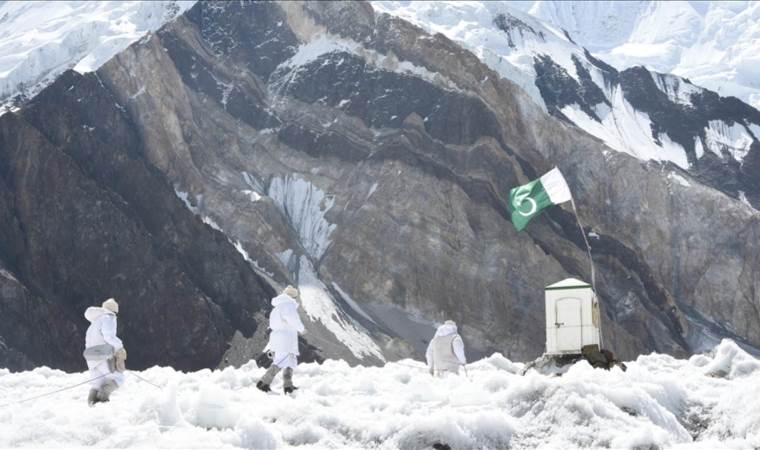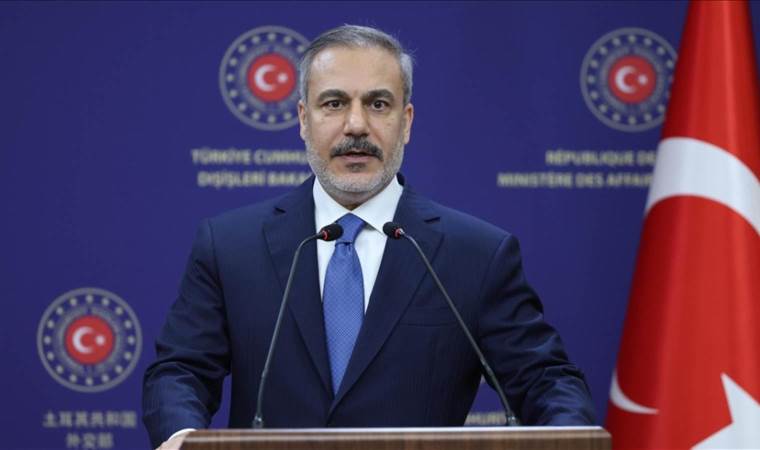Erdogan calls for global action: Pressuring Israel for increased aid in Gaza
In a strong appeal on Tuesday, Turkish President Tayyip Erdogan urged the international community to intensify pressure on Israel, aiming to facilitate the entry of more humanitarian aid into Gaza. During the sacred month of Ramadan, Erdogan pledged to ramp up Turkey's assistance.
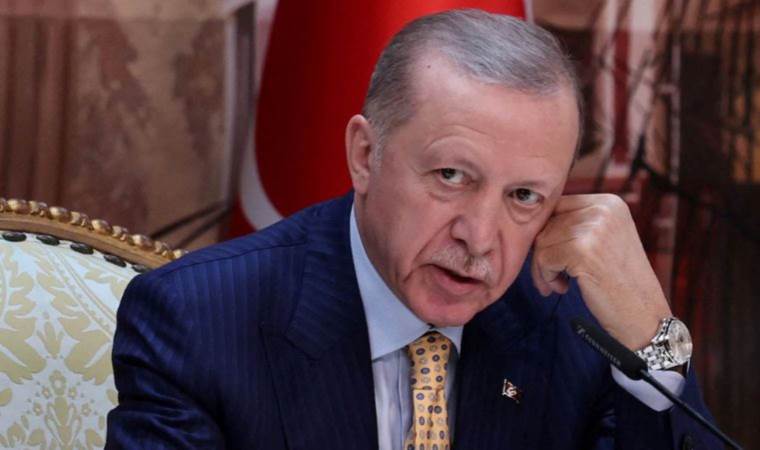
Turkey has vocally condemned Israel's military actions in Gaza, advocating for legal action against Israeli officials for genocide at the International Court of Justice. The nation has been a proponent of a ceasefire and has dispatched over 40,000 tons of humanitarian aid to Gaza via Egypt.
At a Ramadan fast-breaking dinner with foreign diplomats in Ankara, Erdogan criticized Western nations for their support of Israel. He accused them of enabling Israeli Prime Minister Benjamin Netanyahu to launch "savage attacks" on Gaza due to their "indecisive stance." Erdogan stated, "No matter what the Israeli leadership does, it cannot obscure the fact that it is guilty of murder, cruelty, criminal acts, falsehoods, and fascism." He further remarked that calls for peace are futile as long as support for Israel persists.
Erdogan highlighted the crucial need to increase the number of aid trucks passing through the Rafah gate, the border crossing with Egypt into Gaza. He stressed the necessity of pressuring Israel to allow more aid into the besieged area.
Last week marked the dispatch of Turkey's largest aid shipment to Gaza yet, with a vessel carrying approximately 3,000 tons of food, medicine, and other supplies, courtesy of Turkey's Red Crescent.
Erdogan reiterated his commitment to enhancing humanitarian support for Gaza during Ramadan through various means, including state institutions and organizations.
In response, Netanyahu announced on Tuesday that Israel would continue its military operations in Rafah, located in southern Gaza. Israel contends that it is not responsible for the humanitarian crisis in Gaza, claiming that it permits aid through two southern crossings. However, aid agencies argue that this is insufficient for delivering necessary supplies, especially to the northern areas of Gaza, which are essentially isolated.
İlgili Haberler
Most Read News
-
 Recent Russian strikes on Kyiv were 'not necessary,' say
Recent Russian strikes on Kyiv were 'not necessary,' say
-
 Germany offers Syrians up to $4,555 to return home
Germany offers Syrians up to $4,555 to return home
-
 Despite stated ban, Spain continues to buy arms from Isr
Despite stated ban, Spain continues to buy arms from Isr
-
 China denies having talks with US on tariffs
China denies having talks with US on tariffs
-
 60 militants from paramilitary RSF killed in North Darfu
60 militants from paramilitary RSF killed in North Darfu
-
 Nearly half of Americans now live with dangerous air qua
Nearly half of Americans now live with dangerous air qua
-
 Zelenskyy partially cancels South Africa visit in wake o
Zelenskyy partially cancels South Africa visit in wake o
-
 Britain lifts sanctions against Syrian defense, interior
Britain lifts sanctions against Syrian defense, interior
-
 Pakistan says any Indian attempt to divert, stop flow of
Pakistan says any Indian attempt to divert, stop flow of
-
 Turkic world will continue to stand by Turkish Cypriots,
Turkic world will continue to stand by Turkish Cypriots,
